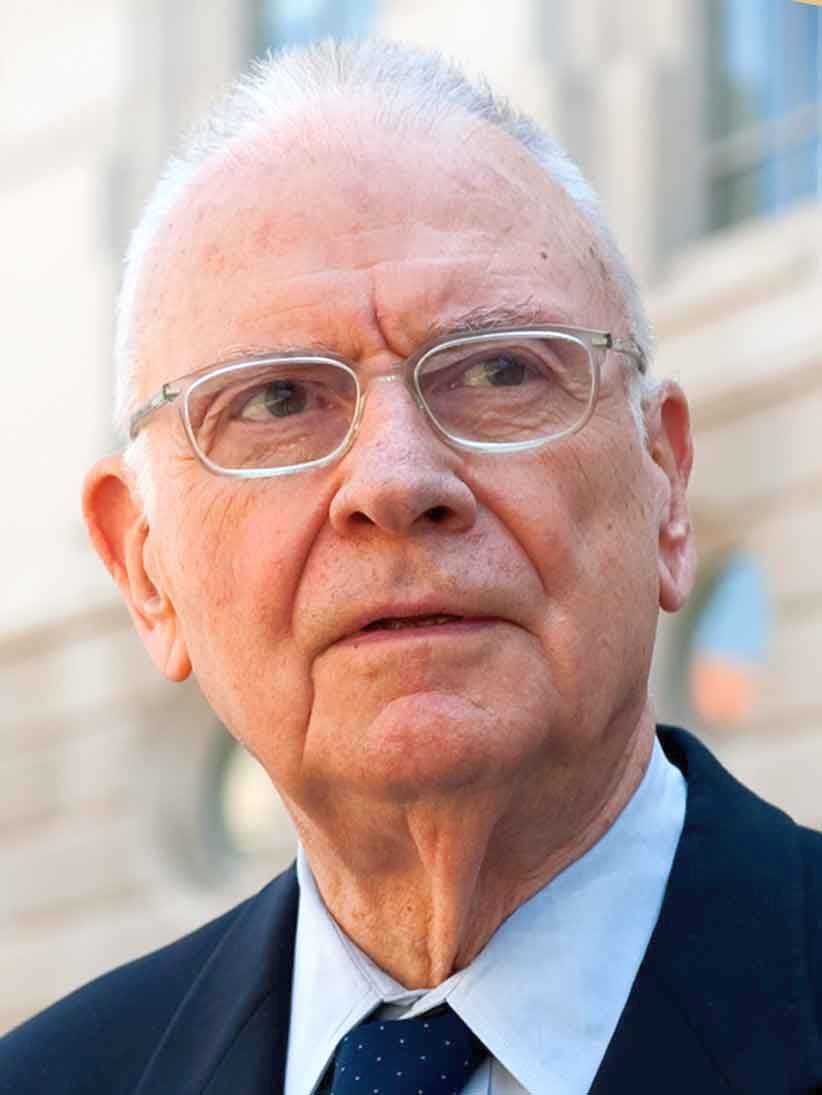
A wave of protests is roiling Moscow. Millions of people, young and old, have been crowding the streets in Hong Kong.
In Britain, members of the Conservative Party took to open revolt over Prime Minister Boris Johnson’s move to sideline Parliament on Brexit.
If democracy is dysfunctional and on the ropes worldwide, as many voices currently insist, you’d have a hard time making the case from these headlines.
In fact, at a time of concern and, in many quarters, cynicism about democracy and its prospects, they remind us of a basic truth: people want a say in how they’re governed. As Winston Churchill put it back in 1944, “At the bottom of all the tributes paid to democracy is the little man, walking into the little booth, with a little pencil, making a little cross on a little bit of paper — no amount of rhetoric or voluminous discussion can possibly diminish the overwhelming importance of that point.”
To be sure, “democracy” is hard to define. The UN says democracies are where “the will of the people is the source of legitimacy of sovereign states,” but that’s a broad definition.
Our representative democracy, the various parliamentary democracies, the town-meeting democracy of New England — these are all forms of democracy. What they have in common are mechanisms for the people to express their will; characteristics such as free speech, the ability to associate freely, fair and free elections, and universal suffrage; and such values as equality before the law, political responsiveness, transparency and accountability.
I’d argue there’s one other characteristic you also find in the world’s democracies: people prefer living in them. And when they don’t feel the popular will can find expression, at some point conditions ripen to the point where, as in Russia and Hong Kong, they take to the streets.
Why is this? What do people value about living in a democratic system? Most of us who support democracy would argue that its key characteristics — openness, accountability, transparency, media freedom, responsiveness — actually improve the nation’s overall well-being.
On the whole, democratic nations have stronger economies. They tend to be less corrupt, because free and fair elections and their systems’ checks and balances impose accountability on their leaders. They make it possible for citizens to know where they stand, because the rules of the road are set up to apply to everyone. At their core, they recognize the value and dignity of each individual.
There are clearly signs of stress in the world’s democracies. A Pew poll last year found sometimes marked increases in dissatisfaction with how democracy is working in such countries as Germany, the Netherlands, Sweden, Canada and the US. It was a warning sign that all is not well.
Even in the best of times, democracies are imperfect. They too often wallow in political stagnation or gridlock. Issues that need resolution get batted back and forth for years, and even when they’re addressed the remedies fall short. It’s far easier for opponents of a given approach to block it than for its proponents to enact it. Elections may give the people a voice, but they also serve as a de facto horizon, inclining political leaders to short-term fixes rather than investing in people, infrastructure, or other long-term goals. And far too often, the voices of those with resources are louder in the halls of power than those of people who lack money or access.
Yet even people who complain about their governments or their representatives rarely argue that they need a different system. That Pew survey I cited above measured unhappiness with how democracies are functioning, not with democracy itself. Most citizens of democracies believe that their countries are wealthier, less corrupt, more resilient, and more responsive than the alternatives, and that their deficiencies are correctable. They count themselves happier, healthier, and freer than they would be in any alternative.
This is why in the end, the discussion in the world’s traditional democracies is about how to make them stronger. It’s about fear of slipping into autocracy, not about the desire for autocracy. Among those who understand what it is like to live in a free society, democracy remains the system of choice.
Lee Hamilton is a senior advisor for the Indiana University Center on Representative Government and was a member of the U.S. House of Representatives for 34 years. Send comments to [email protected].
